$HKEX $SPAC $BTC
#HongKong #SPAC #Crypto #HKStockExchange #MarketRegulations #BlankCheque #IPO #FinancialNews #ChinaEconomy #Investing #AsiaMarkets #StockMarket
Hong Kong’s anticipated boom from its recently introduced Special Purpose Acquisition Companies (SPACs) framework is facing growing concerns, as corporate executives warn that stringent regulatory standards are preventing blank-cheque companies from listing on the Hong Kong Stock Exchange. SPACs, which allow companies to raise large amounts of capital by going public without specifying an acquisition target upfront, have become a popular tool for companies in the U.S. and Europe. However, Hong Kong’s adaptation of the SPAC model has so far failed to meet the expectations of investors and market participants. Compared to markets like New York and Singapore, Hong Kong has adopted more conservative requirements regarding investor criteria, sponsor quality, and business-trust alignment—measures that are seen as safeguards for its financial stability but have created hurdles for SPAC promoters.
The Hong Kong Stock Exchange is aiming to cultivate an ecosystem that balances innovation with financial due diligence. Still, many investors and corporate leaders argue the balance may be overly cautious. For instance, unlike the U.S., where retail investors dominate SPAC listings, Hong Kong places tighter restrictions, limiting participation to professional investors and institutions with substantial capital. Additionally, the Hong Kong Securities and Futures Commission (SFC) has implemented stringent due diligence on sponsors, which include limitations on track record and financial stability. These elevated entry barriers are disincentivizing many potential blank-cheque companies, reducing the flow of high-profile deals into the Hong Kong market.
One of the primary reasons for Hong Kong’s conservative stance on SPACs stems from the need to protect its reputation as a robust and highly regulated marketplace, especially given that the city has maintained its status as one of Asia’s premier financial centers. After governance failures such as in the Luckin Coffee (Nasdaq: LK) scandal in 2020, which shook confidence in Chinese listings abroad, Hong Kong regulators are keen to ensure future market listings carry a high degree of credibility and transparency. As a result, the city introduced restrictions such as mandating that SPAC acquisitions must be closed within two years, aiming to minimize risks associated with protracted deal timelines. Unfortunately, while these standards reassure long-term investors, they also cap the quick-growing allure of speculative SPAC plays, which saw a frenzy elsewhere.
The impact thus far has been that fewer SPAC mergers have materialized in Hong Kong compared to rival markets. This situation has sparked an internal debate amongst Hong Kong-based corporate leadership and the financial community about loosening some of the regulatory requirements to attract more SPAC sponsors amidst growing competition from Singapore and the U.S. Potential future reforms could seek a more balanced, investor-friendly approach that carefully lowers the barriers while maintaining the city’s financial safeguards. For now, the cautious approach appears to have tempered growth prospects, leaving much-needed liquidity and market growth still hanging in the balance. Investors are keenly watching for adjustments that could reignite enthusiasm for Hong Kong’s SPAC pipeline.

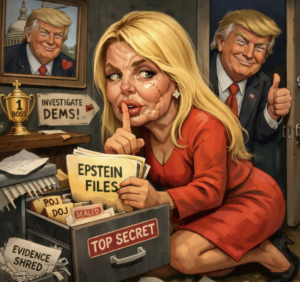

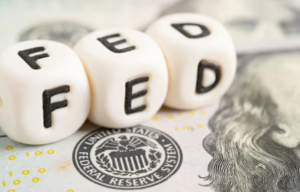
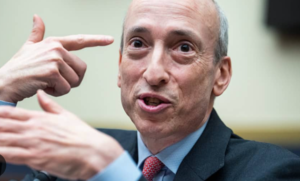


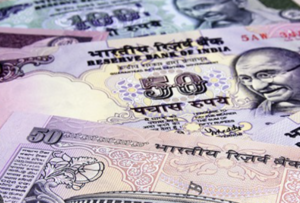

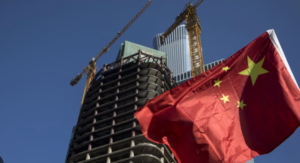
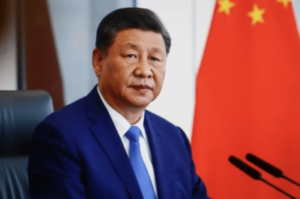
Comments are closed.